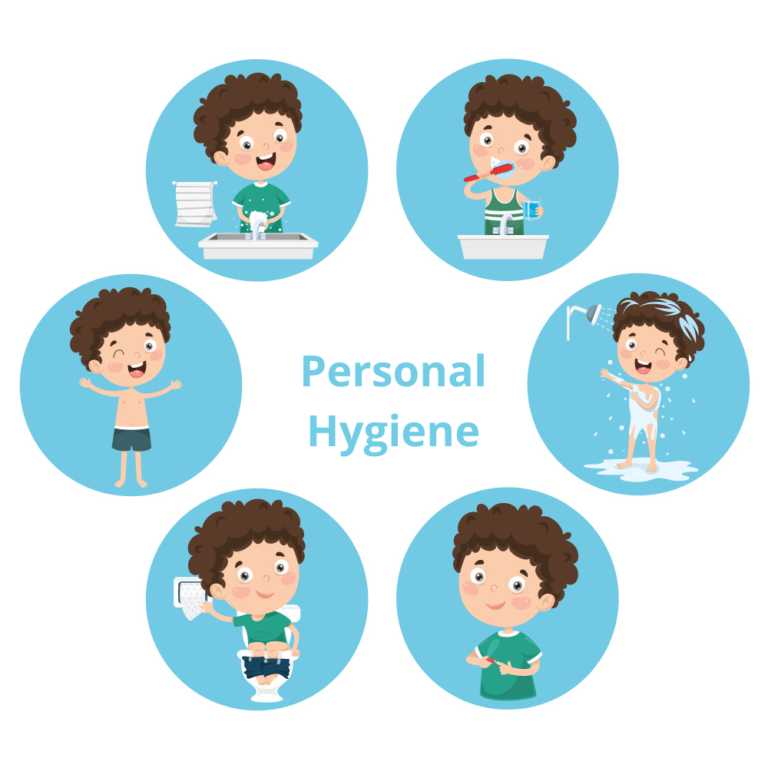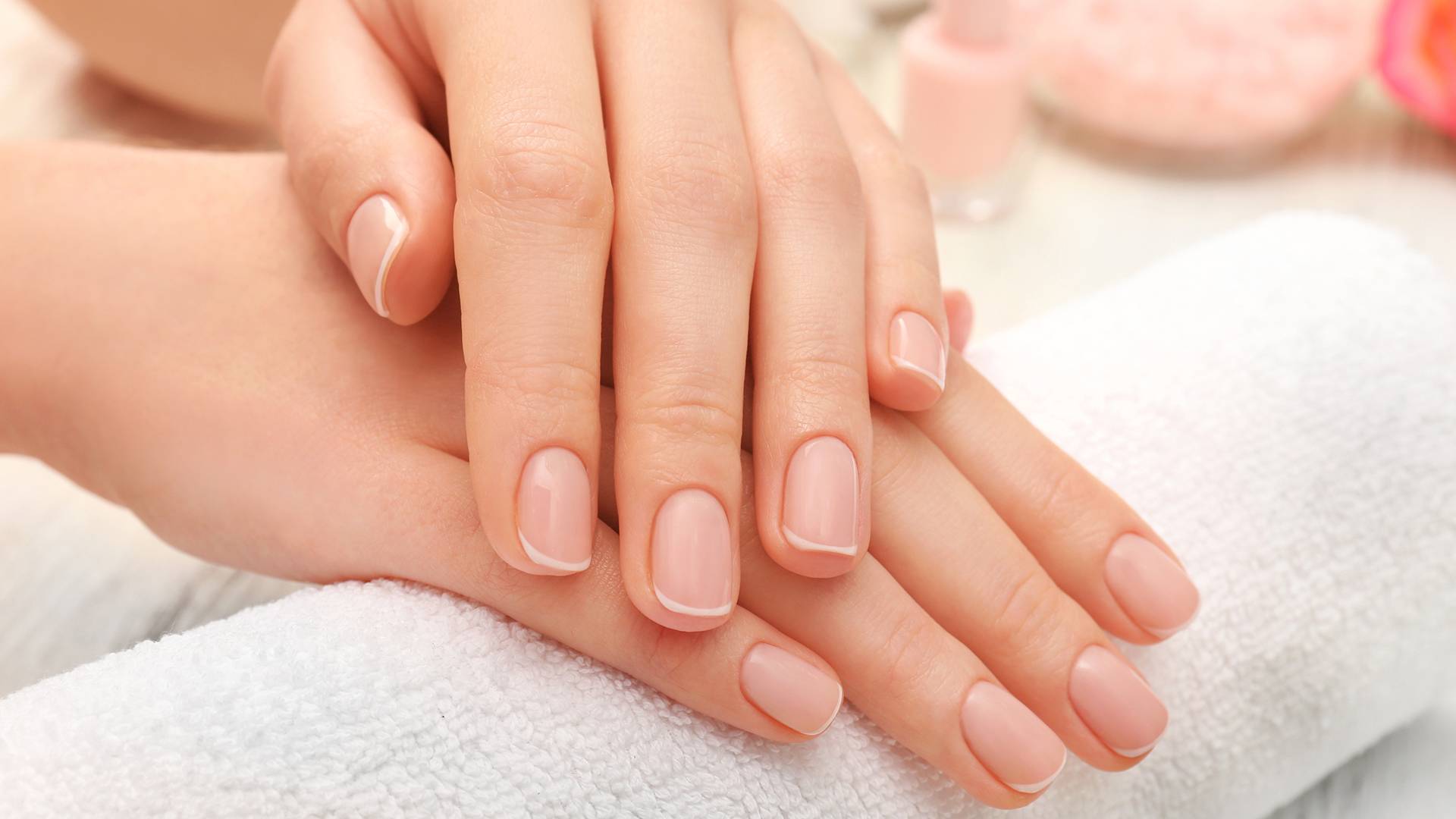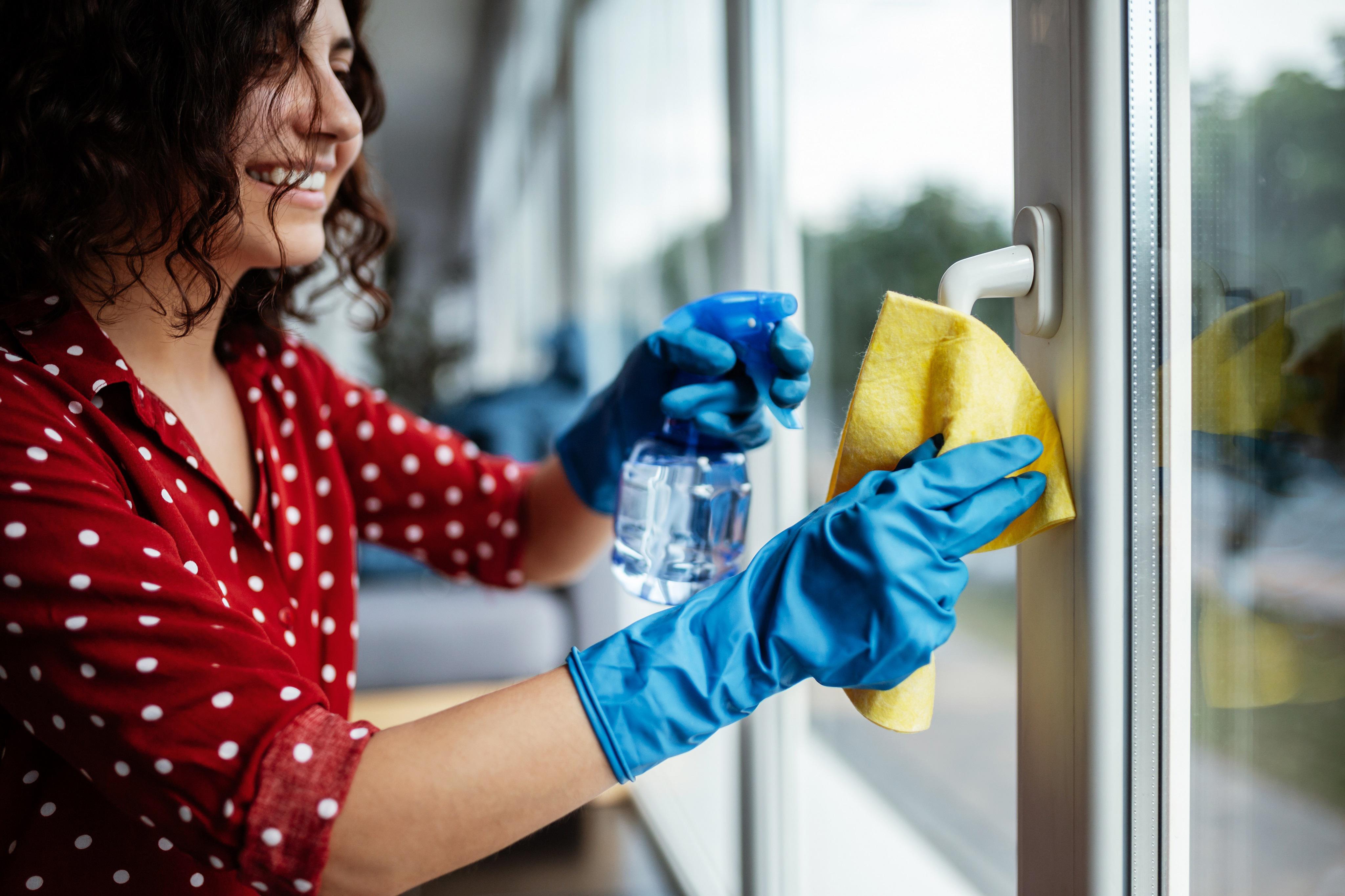Fungal infections are common health concerns that thrive in warm and damp conditions. They can affect the skin, nails, scalp, and even internal systems. Adopting a proactive approach to hygiene and lifestyle can significantly lower your risk. Simple, consistent habits integrated into your daily routine can serve as effective defenses against these infections.
Let’s explore ten practical habits you can incorporate to protect yourself from fungal infections and maintain optimal health.
1. Prioritize Personal Hygiene
Good hygiene is the first step toward reducing fungal infection risks.

- Daily Cleansing: Wash your body thoroughly, paying attention to areas prone to sweating, like underarms, feet, and the groin.
- Drying Off Completely: After bathing, ensure that no moisture lingers on your skin, as fungi thrive in damp environments.
- Regular Handwashing: Always wash your hands with soap and water, especially after touching public surfaces or animals.
2. Choose Breathable Fabrics
The clothing you wear can make a significant difference in preventing fungal growth.

- Opt for Natural Materials: Cotton and linen allow your skin to breathe and reduce sweating.
- Avoid Tight-Fitting Clothes: Loose garments help keep moisture from accumulating in skin folds.
- Change Damp Clothes: If you sweat during exercise or outdoor activities, change into dry clothing immediately.
3. Keep Your Feet Dry and Clean

Your feet are particularly vulnerable to fungal infections like athlete’s foot.
- Use Antifungal Powders: These powders help absorb moisture and prevent fungal growth.
- Wear Moisture-Wicking Socks: Choose socks made of materials like bamboo or synthetic blends designed to keep feet dry.
- Avoid Walking Barefoot in Public Places: Protect your feet in communal showers, gyms, and swimming pool areas by wearing flip-flops or waterproof footwear.
4. Practice Proper Nail Care

Nail fungal infections are common but preventable with proper care.
- Trim Nails Regularly: Keep nails short and clean to minimize fungal buildup.
- Avoid Sharing Tools: Never share nail clippers or files to reduce the risk of contamination.
- Wear Protective Footwear: Always wear shoes in areas where fungi might linger, such as locker rooms.
5. Use Antifungal Products as Preventive Measures
Incorporating antifungal solutions into your daily routine can act as a barrier.
- Medicated Soaps: Antifungal soaps or body washes can help prevent infections, especially during humid weather.
- Lotions and Creams: Use antifungal creams on areas prone to infections, like the feet or groin, for added protection.
- Powdered Products: For individuals prone to sweating, antifungal powders help absorb excess moisture.
6. Avoid Prolonged Dampness
Fungi flourish in damp environments, so it’s crucial to stay dry.

- Towel Off After Exercise: After workouts, use a clean, dry towel to wipe away sweat.
- Hair Care: Dry your hair completely after washing to prevent scalp infections.
- Foot Hygiene: If your shoes or socks get wet, change them immediately to avoid creating a breeding ground for fungi.
7. Boost Your Immune System
A healthy immune system is your body’s natural defense against fungal infections.
- Eat a Balanced Diet: Incorporate vegetables, fruits, whole grains, and lean proteins to support immunity.
- Stay Hydrated: Drinking plenty of water helps your body flush out toxins and maintain overall health.
- Get Adequate Sleep: Rest allows your body to repair and defend itself against infections.
8. Clean and Disinfect Regularly
Fungi can linger on surfaces and fabrics, so regular cleaning is essential.

- Disinfect Shoes and Socks: Wash them frequently to prevent fungal buildup.
- Sanitize Shared Spaces: Clean communal areas, especially bathrooms, with antifungal cleaners.
- Avoid Sharing Personal Items: Items like towels, razors, and combs should not be shared, as they can spread fungi.
9. Protect Yourself in Public Places
Public environments often harbor fungi, increasing your risk of exposure.
- Use Protective Footwear: Wear shoes or slippers in communal showers, swimming pools, and locker rooms.
- Avoid Sitting on Wet Surfaces: Bring a towel to sit on at gyms or pools to reduce direct contact.
- Be Mindful of Fitness Equipment: Wipe down exercise machines and mats before and after use.
10. Monitor Skin Changes

Being aware of early signs of fungal infections can prevent them from worsening.
- Inspect Vulnerable Areas: Regularly check your feet, nails, and skin for redness, scaling, or discoloration.
- Treat Promptly: Use over-the-counter antifungal treatments if you notice mild symptoms.
- Seek Medical Advice: For persistent or severe symptoms, consult a healthcare professional to avoid complications.
The Importance of Preventive Habits
These ten habits form the foundation of a proactive approach to fungal infection prevention. By incorporating them into your daily life, you not only reduce your risk but also promote better overall hygiene and health. Consistency is key—small, everyday actions can make a big difference over time.
If you found this guide useful, explore more tips and health advice on our website. We’d love to hear your thoughts—leave a comment or share your strategies for staying fungus-free!

Leave a Reply